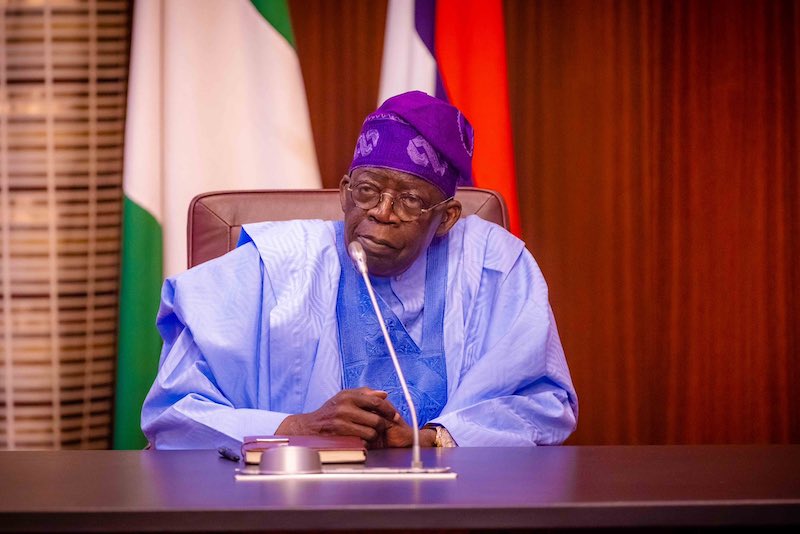Nigeria must grow its economy five times faster than its current pace to achieve the federal government’s $1 trillion target within five years, the World Bank said in its latest Nigeria Development Update (NDU) report released Monday in Abuja.
Titled “Building Momentum for Inclusive Growth,” the biannual report evaluates Nigeria’s recent macroeconomic trends, reforms, and policy responses. It acknowledges notable improvements in GDP growth, fiscal revenue, and exchange rate stability but warns that deeper reforms and accelerated private-sector development are essential for long-term success.
“There is a lot to be positive about in Nigeria. Growth is up. The exchange rate is more reflective of the market. Federation revenues are surging. But the war is not yet won,” said Taimur Samad, World Bank Country Director for Nigeria.
The World Bank projected inflation could fall to an annual average of just over 22 per cent in 2025—provided that Nigeria’s central bank maintains its current tight monetary stance.
“It will be crucial for the CBN to stay the course with tight monetary policy to anchor stability. If it does so, we expect inflation to fall. That would be a major achievement,” Samad noted.
Despite the gains, the bank stressed that Nigeria’s current growth path remains far too sluggish to achieve its $1 trillion economy goal. The report advocates for a private-sector-led, public-sector-facilitated growth model, urging policymakers to clear structural bottlenecks, deepen fiscal reforms, and invest in sectors that generate jobs.
“The lack of jobs is not just a challenge for inclusive growth. It is a national security concern,” Samad added, warning that youth unemployment could fuel unrest if left unaddressed.
The May 2025 edition of the NDU, themed “Expanding Opportunities for All Nigerians”, builds on the October 2024 report, which focused on employment. It emphasises the importance of inclusive policies, enabling business climates, and strategic public investments.
The World Bank also cautioned that without productive employment opportunities, Nigeria risks entrenching poverty and widening inequality, particularly among its growing youth population.
“The NDU is more than just a report. It is a tool for collective reflection and action,” Samad concluded. ReplyForward


More Stories
Oyetola, Oyebamiji and the Osun Guber Equation
IBEDC: When Will This Pain Be Over?
Where is the President of the Federal Republic of Nigeria?